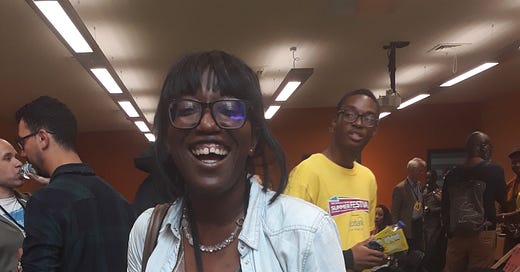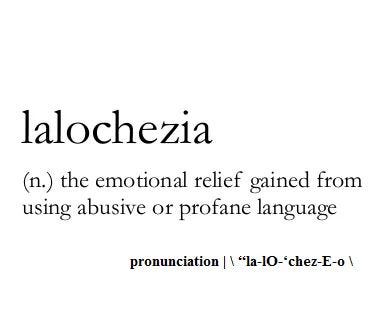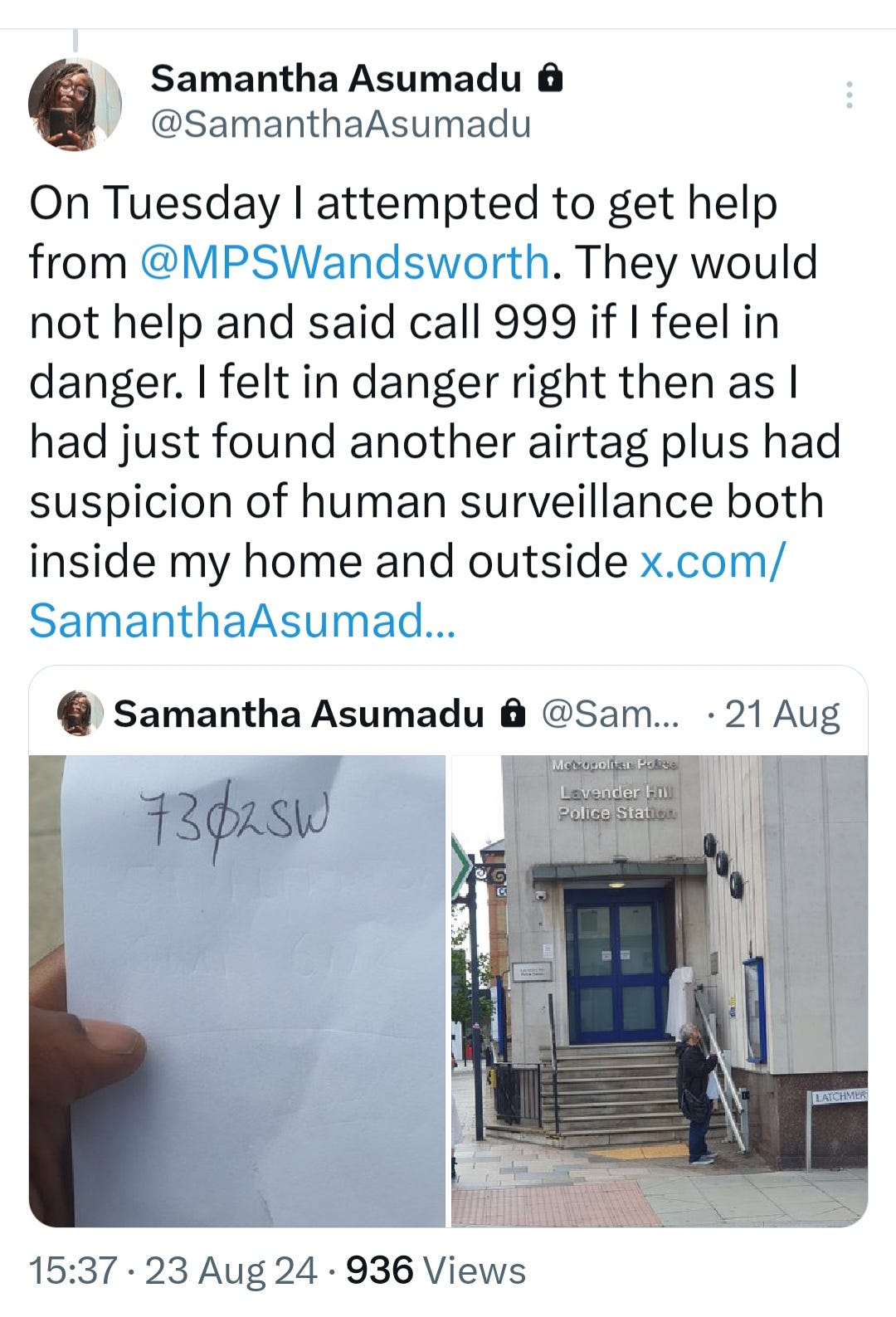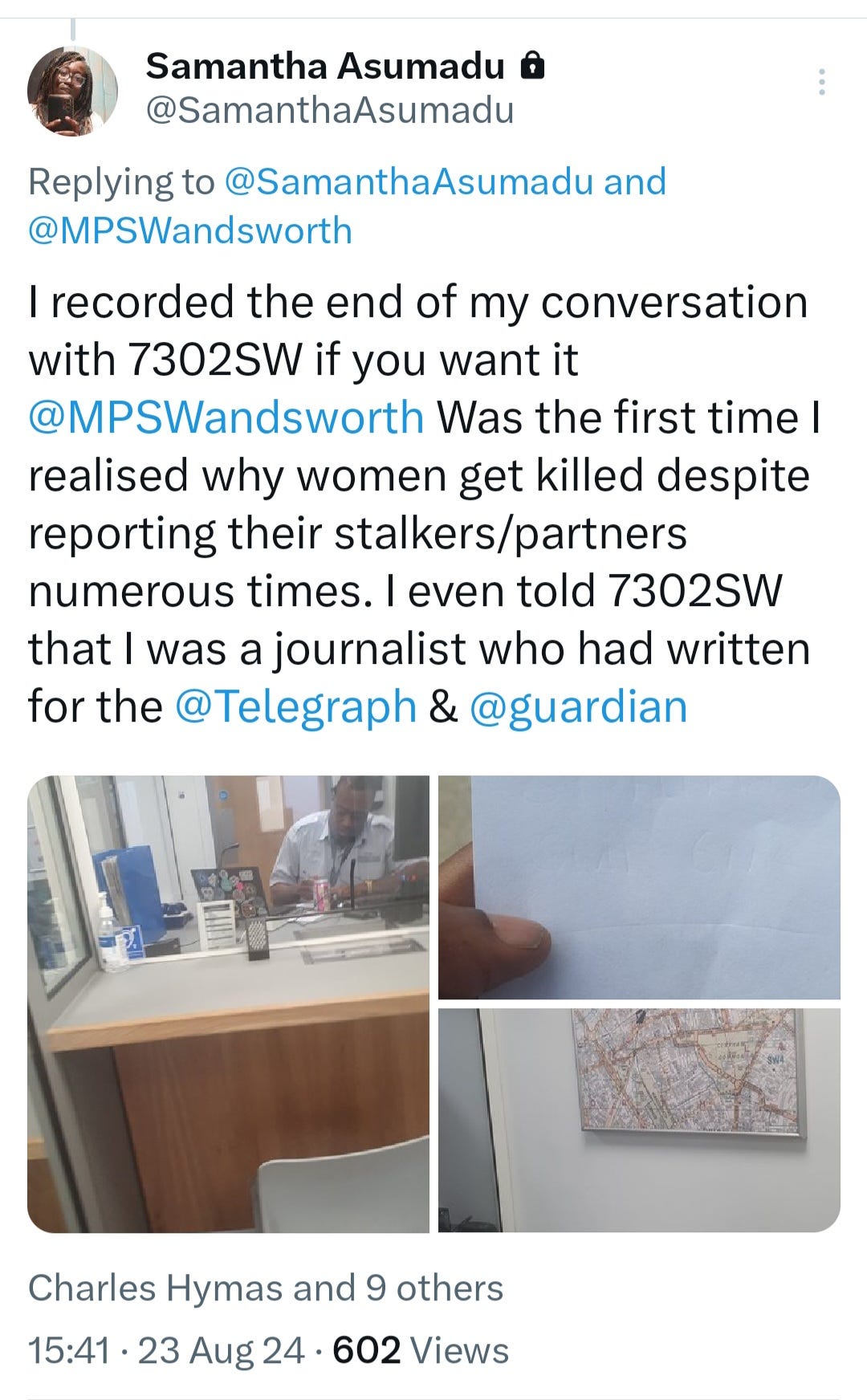Civility is utter bullshit. Performative niceness protects abusers while punishing honesty.
~ Arnesa Buljušmić-Kustura
Thus I'm a great believer in profanity. I have cultivated it even before and definitely after I worked on a construction site.
Performative civility prioritises the appearance of politeness over the substance of justice. It creates an environment where tone policing silences marginalised voices while enabling harmful behaviors to persist unchallenged. Civility is too often a weapon, not a virtue
~ Arnesa Buljušmić-Kustura
‘Language should be built by poets and builders’, is a phrase attributed to George Orwell. I concur. He also said, ‘Swearing is a species of magic.’
I've written about respectability before in this newsletter.
Here's an excerpt from Black Respectability, Radical Empathy and Stormzy that I wrote in 2022.
Recently the spectre of respectability has reared it’s ugly head in my life in numerous ways. I’m an anarchist at heart and a socialist in practice, so respectability is the last thing I am concerned with in my day to day.
One of my all time favourite essays alongside Notes on Nationalism by George Orwell, and Jean Paul Satre’s preface to Wretched of the Earth is No Disrespect: Black Women and the Burden of Respectability by Tamara Winfrey-Harris:
For Black women, particularly those in the public eye, the answer to this question is often a resounding “Yes.” They are required to be noble examples of Black excellence. To be better. To be respectable. And the bounds of respectability are narrowly defined by professional and personal choices reflecting the social mores of the majority culture—patriarchal, Judeo-Christian, heteronormative, and middle class.
Respectability politics work to counter negative views of Blackness by aggressively adopting the manners and morality that the dominant culture deems “respectable.” The approach emerged in reaction to white racism that labeled Blackness as “other”—degenerate and substandard—with roots in an assimilationist narrative that prevailed in the late-19th-century United States. Black activists and allies believed that acceptance and respect for African Americans would come by showing the majority culture “we are just like you.” Black women in particular had their own set of stereotypes to battle, as they had long been labeled by white society as lascivious Jezebels, animalistic beasts of burden, and disreputable anti-women.
The following is written by Genocide researcher and educator, Arnesa Buljušmić-Kustura. It cut through the timeline like a knife and I felt every slice. Especially after my brush up to police this week. In which as always I was forced to be polite despite knowing from recent and historic examples that they would not take my complaint seriously.
Just like the first time I reported the intimidation to them.
But that's standard. After all I didn’t create the #PoliceCrimeDaily hashtag for pleasure. Or expose myself to reprisals by asking if the Criminal Police Class are Bonded by Drugs, Abuse, Misogyny and Rape
Arnesa's words were a reply to a statement made by author and sociology professor at City University of New York, Heba Gowayed who said,






